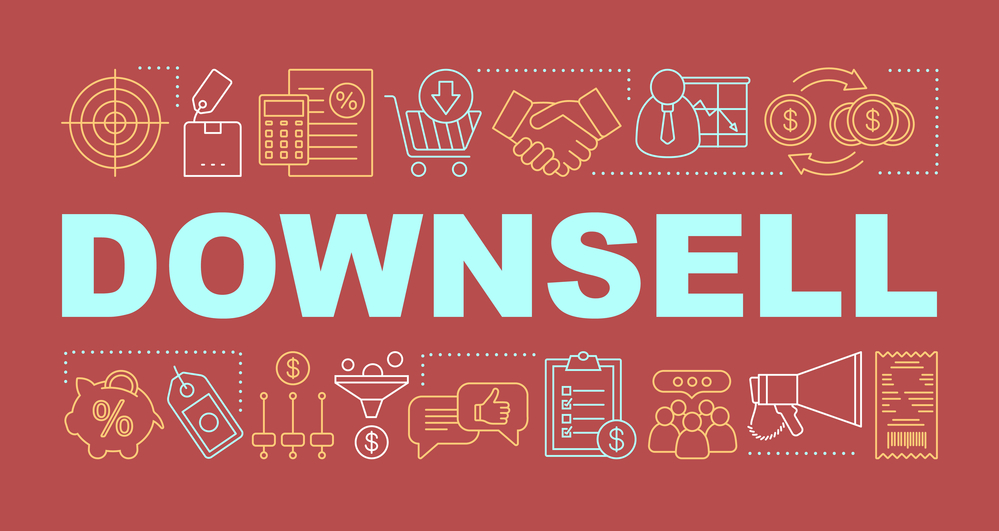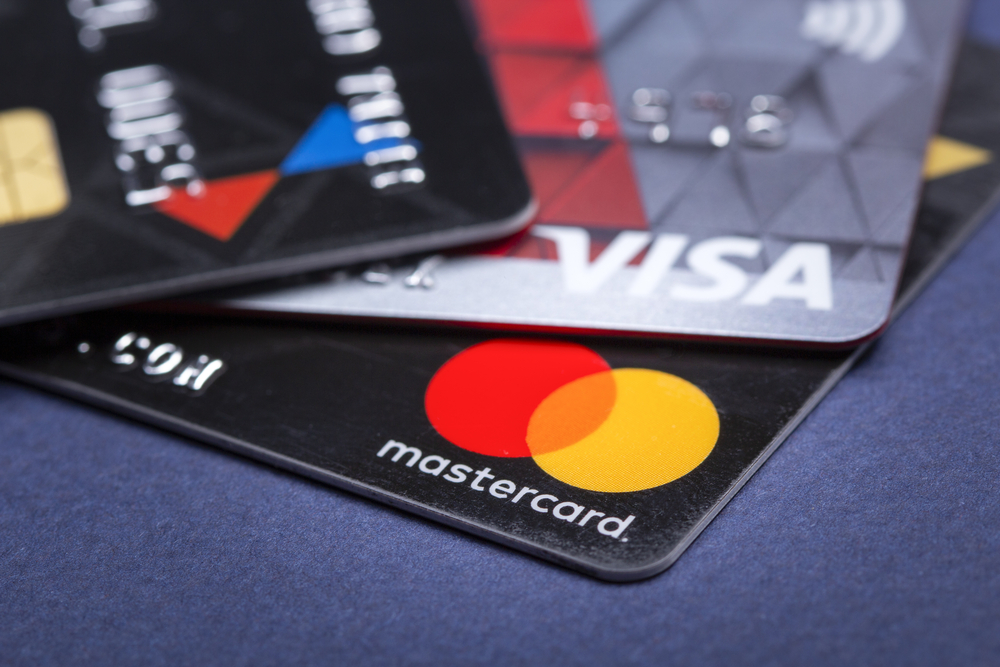
How to Get Started with Prop Trading—Is It Legal?
Jan 1, 2024 3 minute Read
In recent years, the stock market’s increased accessibility has sparked widespread interest in day trading and market making, leading many to explore the world of proprietary (prop) trading.
This article aims to demystify prop trading, guiding you through its legalities, intricacies, and potential as a career path.
Forget traditional learning methods; this is Prop Trading 101. Whether you’re a seasoned trader or a novice, this comprehensive overview will equip you with the essential knowledge needed to navigate the evolving landscape of prop trading.

The world landscape of prop trading.
Prop Trading from Anywhere
The landscape of prop trading has transformed dramatically with the advent of mobile and always-on connectivity.
Today, traders are not confined to trading desks or hours; they can trade anytime, anywhere using various devices like smartphones and laptops. This digital revolution has made trading more accessible and instantaneous, but it also brings new challenges.
Traders must navigate an ever-evolving environment, balancing the ease of access with the complexities of global markets and the heightened competition that comes with widespread accessibility.
Prop trading is risky. Stay compliant with the right processor. We can help.

Balancing the risk and reward of prop trading.
The Legal and Regulatory Framework
Prop trading operates within a complex legal and regulatory framework. Key to understanding this is the Volcker Rule, part of the 2010 Dodd-Frank Wall Street Reform and Consumer Protection Act. This rule significantly restricts banks from engaging in proprietary trading.
However, it allows them to make markets in securities for clients, provided they don’t profit from these trades.
Navigating this landscape requires awareness of the roles played by the financial system’s regulatory bodies such as the Commodity Futures Trading Commission (CFTC), the Federal Deposit Insurance Corporation (FDIC), the Office of the Comptroller of the Currency (OCC), and the Securities and Exchange Commission (SEC). These agencies oversee various aspects of trading, ensuring compliance, mitigating risks, and providing covered funds by way of insured depository institutions.
As the financial markets evolve, so too do the regulations governing them, making it crucial for prop traders to stay informed and adapt to the latest legal requirements.

Steep risks, steeper rewards.
Risks and Challenges in Prop Trading
Proprietary trading is not without its risks and challenges, which are as diverse as the opportunities it presents. The most apparent risk is the potential for financial loss. Prop trading often involves high stakes and leveraged positions, meaning losses can be substantial. This inherent market risk underscores the importance of robust risk management strategies.
Another significant challenge is the potential for job loss, particularly in scenarios where a trade goes awry. Traders must also navigate potential conflicts of interest, especially when operating within larger financial services and investment banking entities. The oversight of regulatory agencies like the CFTC, FDIC, treasury, and federal reserve means that any misstep can have serious legal implications, potentially jeopardizing one’s career.
Furthermore, the risk of losing one’s trading account or license looms large (where the underwriting process is already quite lengthy). Trading markets are fraught with risk and liabilities, and the stakes are even higher in prop trading. Maintaining a license requires adherence to stringent regulations and ethical trading practices, otherwise your own account will be terminated and you can be banned from opening another one.
To mitigate these risks, it’s crucial to develop proven trading strategies and establish fiduciary relationships with clients and insurance companies. Navigating these challenges requires diligence, continuous learning, and an unwavering commitment to ethical trading practices.
Don’t risk financial loss! Protect your financial gains.

How it works, what it is, and how to get in on the gains.
Understanding Proprietary Trading
At its core, proprietary trading involves a firm or individual trading stocks, bonds, currencies, commodities, derivatives, or other financial instruments with their own capital, rather than on behalf of clients. This distinction is crucial, as it sets prop trading apart from other types of trading that rely on client funds.
Prop trading is often characterized by its speculative nature. Proprietary traders seek to capitalize on market inefficiencies and price discrepancies. It’s akin to trading for liquidity, where the initial funds may be tied up in illiquid assets. The goal is to exploit profitable arbitrage opportunities, earn substantial returns, and potentially acquire ownership interests in traded entities.
Historically, prop trading was less regulated, but the landscape shifted dramatically following the 2008 financial crisis, which brought to light the risks associated with aggressive trading strategies. Regulations like the Volcker Rule under the Dodd-Frank Act have since imposed stringent restrictions on certain types of prop trading.
Understanding prop trading today means recognizing its dual nature – a blend of high-risk, high-reward strategies balanced with a need for compliance and risk management in a more regulated financial environment.

Ensure compliance, or else.
Roles and Responsibilities of Prop Traders
Proprietary traders, play a pivotal role in the financial markets.
There are two main types of prop trading: directional and non-directional. Directional trading involves making bets on the price movements of trading assets, while non-directional trading focuses on buying and selling assets without attempting to predict their price movements.
Prop traders often work under different scenarios: as independent contractors with more autonomy and variety in their clients or as employees of a financial institution with more specialized roles. In either case, their goal is to generate profits for their employers, balancing the potential for high returns with the risks inherent in trading activities.

Multiple paths, all leading to financial gain.
Pathways to Becoming a Prop Trader
The journey to becoming a prop trader can vary, offering multiple pathways for those interested in this career. While there is no one-size-fits-all approach, several common routes stand out.
One pathway is through formal employment in a commercial bank, hedge fund, or trading firm. In these settings, traders often start in junior roles, gradually gaining experience and responsibilities. The structured environment provides a comprehensive understanding of market dynamics and trading strategies, along with exposure to regulatory compliance and risk management practices.
Alternatively, some choose the route of independent trading. This involves using private equity funds to trade, often from a home office. Independent traders enjoy greater autonomy but face the challenge of navigating the markets without the support and resources of an institution like a bank holding company or brokerage firm. Building a successful independent trading career requires a deep understanding of markets, disciplined risk management, and adherence to legal regulations.
The evolving landscape of prop trading, shaped by regulatory changes and technological advancements, means that new opportunities and challenges continually emerge. Regardless of the chosen path, aspiring prop traders must be adaptable, knowledgeable, and committed.
Ready to become a prop trader? Start by opening a prop trading merchant account.

the prop trading world is tightly connected.
Navigating the Prop Trading Ecosystem
Key to success in this field is understanding market conditions and trading options. This includes keeping abreast of global economic trends, being adept at technical analysis, and staying informed about regulatory changes. Additionally, leveraging technology is crucial. Modern trading platforms and analytical tools can provide an edge in this competitive landscape.
Another important aspect is establishing a reliable payments ecosystem, especially for independent traders and smaller firms. This involves setting up secure and efficient payment processing systems, which are vital for handling transactions and managing funds.

The future of prop trading with you in it center.
The Future of Prop Trading
As we’ve explored the various facets of prop trading, it’s clear that this field is continually evolving, shaped by technological advancements, regulatory changes, and global economic shifts. The future of prop trading lies in the ability of traders and firms to adapt to these changes, leveraging new tools and strategies while navigating the complex legal and financial landscapes.
The increasing accessibility of trading platforms and the democratization of financial markets suggest that prop trading will continue to attract a diverse range of participants.
Looking ahead, prop trading is likely to see further integration of advanced technologies like artificial intelligence and machine learning, enhancing analytical capabilities and decision-making processes. Despite the inherent risks, the potential for innovation and profit in prop trading remains significant, offering exciting opportunities for those equipped to seize them.
The prop trading world is dynamic and challenging, but for those who are prepared, it offers a landscape rich with opportunities for growth and success.




